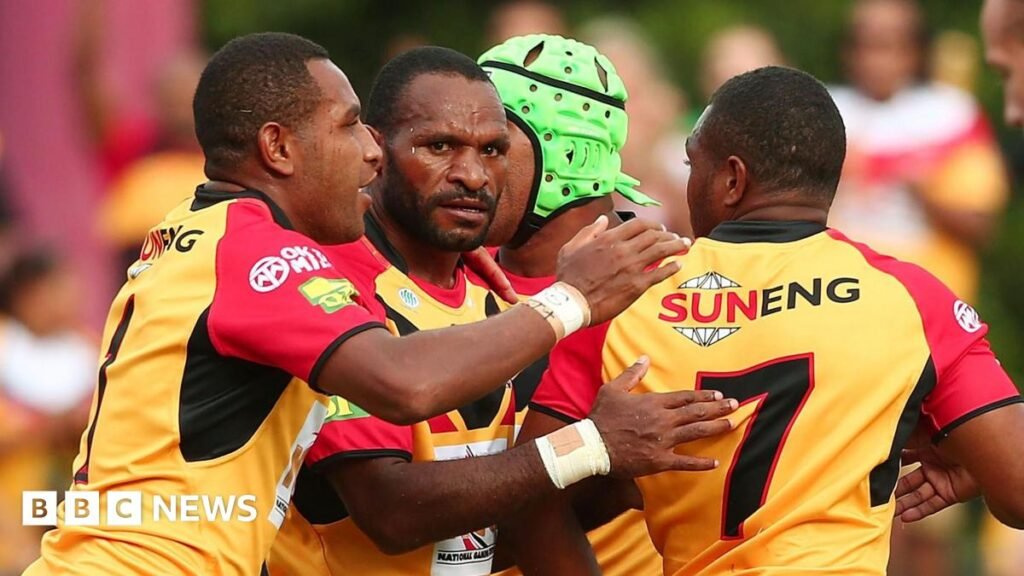“In the past couple of years, amid heightened geopolitical interest and involvement in the Pacific, many other medium and large powers have been scrambling to secure an exclusivity security partnership deal from PNG,” said Oliver Nobetau. , a PNG government lawyer turned analyst at the Lowy Institute think tank.
Both prime ministers sought to play down the security aspect of the accords, framing them instead as a boon for what Mr Nobetov said was a “sophistication” of relations between the two countries.
Marape noted that the agreement “does not prevent us from communicating with any nation, especially our Asian neighbors.”
“For example, we have China, a big trade partner, a big bilateral partner,” he said. “But in safety, closer to home… our shared territory must be defended, protected, controlled… together.”
Government sources say the deals do not give Australia veto power over PNG security deals. But their clearance did eliminate almost all other potential partners – and Mr Nobetau said the announcement could be seen by some in PNG as “an assertion of Australian power over PNG sovereignty”.
However, both he and Dr Murray also note that the twin deals signal a new “transactional” dynamic in Pacific relations.
“People who talk about goodwill and say that sport and politics don’t mix is a 20th-century view,” Dr Murray said. “There is no way for us to give away one of our main cultural values for nothing. This does not happen in diplomacy.”
Dr Murray and Mr Nobetau also agree that the agreements mark an important moment in the bilateral relationship between the two countries – and are a likely indicator of how Australia will continue to pursue its agenda in the region.
“China is investing a lot of money in sports infrastructure … that’s what China is good at … (but) China will not offer any alternatives in this space,” Mr Nobetau said.
“This is something that other countries cannot do,” Dr Murray added. “We need to use that, especially in a very, very contested region like the Pacific.”

